Raimundus Lullius was a medieval scholar, born in Majorca, who designed a method to use logical means to generate knowledge. The method was published in his work “Ars generalis ultima” or “Ars magna” (“The Ultimate General Art”, 1305), one of the first ‘ars combinatoria’. He also was a leading figure in Medieval times committed to the open discussion of ideas, the unity of religions and tolerance. Our society has chosen his name for the Lectures with the intention to represent our commitment to the open search for truth.
These Conferences are organized by the SLMFCE as an acknowledgment of a rich and influencing philosophical career. The Lullius Speaker is invited to deliver three lectures (50 minutes) explaining the major achievements of her professional life including current interests.
Philip Kitcher was the speaker who inaugurated these conferences in 2012 in Santiago de Compostela; Hartry Field was our second Lullius Speaker in Barcelona 2015, and Nancy Cartwright gave the third Lullius Lectures in 2018 in Madrid.
This year we are pleased to announce that our Lulius speaker will be Sandra Mitchell from the University of Pittsburg.
Sandra Mitchell

Sandra Mitchell is a distinguished professor of History and Philosophy of Science at the University of Pittsburgh. She received a BA in Philosophy from Pitzer College in Claremont, California; an MSc in Logic, Philosophy and Scientific Method from the London School of Economics and a PhD in History and Philosophy of Science from the University of Pittsburgh. She taught at the Ohio State University, the University of California, and the Pitt’s HPS Department.
Her research has concerned understanding the assumptions and structure of scientific explanations of complex systems and their behavior. These explorations have led her to introduce a theory of Integrative Pluralism to describe and explain the relationships among multiple models, explanations and entire disciplines.
In her book Unsimple Truths: Science, Complexity and Policy she offers detailed arguments for how and why understanding the science of complexity changes our views of knowledge of nature, how we obtain such knowledge, and how we use that knowledge to pursue our human interests. On the way she has thought and written about different types of explanations in biology, the role of social values in science, emergence and robustness and how standards for reliability for scientific instruments might help us understand why we should or shouldn’t trust new artificial intelligence learning algorithms. She is currently working on two projects: one on features of a perspectival view of scientific knowledge production, representation and use and a second on the role of consensus in science.
PRIMERA CONFERENCIA Raimundus Llulius. Sandra Mitchell (Universidad de Pittsburgh)
SEGUNDA CONFERENCIA Raimundus Llulius. Sandra Mitchell (Universidad de Pittsburgh)
